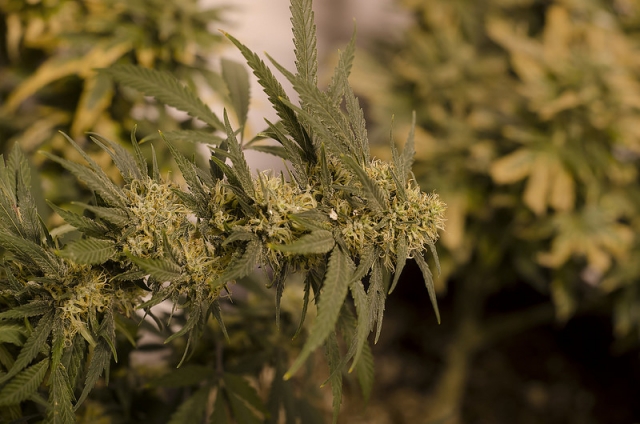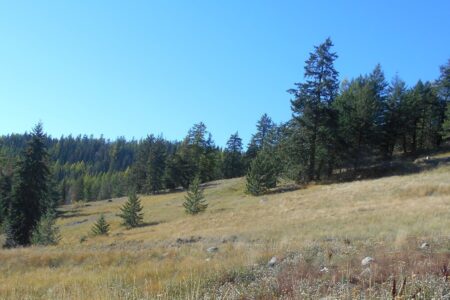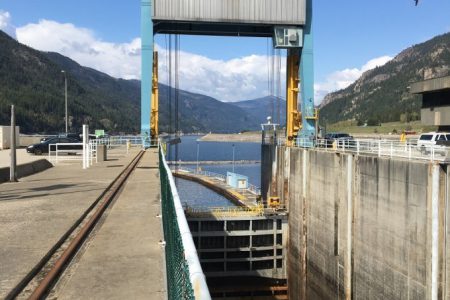RDCK to set guidelines for zoning of medical marijuana production facilities
The Regional District of Central Kootenay has taken a step toward guiding the potential establishment of medical marijuana production facilities (MPFs) within its boundaries after the new federal regulations come into place as of April 1, 2014, with a resolution to draft a definition for MPFs within its zoning bylaws and the establishment of a development permit area for the facilities.
Currently laws allow approximately 37,000 Canadians to grow their own marijuana or buy it from a small-scale grower who are licensed to produce medicinal pot for them.
But as of April this year, people seeking the plant for health purposes will have to go to the doctor and get a prescription for the plant and then buy it from companies that grow marijuana under strict licensing regulations set out by Health Canada.
The resolution was passed at this Thursday’s board meeting and states that the RDCK should draft a definition for ‘Marihuana Production Facility’ in zoning bylaws that includes regulations for parcel size, setbacks, site coverage, building size and scale, accessory uses, as well as parking and loading regulations.
The resolution also includes a development permit area for MPFs that is in accordance with the Local Government Act that sets out regulations for the facilities including landscaping, form, character (which includes lighting) and sighting.
The RDCK has already had one application from a North Shore family seeking re-zoning of their property so they could be ready to apply for a license when the new regulations come into play.
That application was ultimately denied by the board, but more applications are expected as the new federal regulations get set to come into play and RDCK Chair John Kettle says they need to be as prepared for that as possible in the face of uncertainty from Health Canada.
“We’re going to do our due diligence on this, but it’s a moving target right now,” Kettle says. “We don’t know what Health Canada is going to do . . . We think we know where it’s going but every time we think we know what’s going to happen (it changes).
“In this case we’re going to plan to protect the interests of the people we serve and also meet the requirements of Health Canada.”
RDCK doesn’t control licensing but has reins on development permits
The RDCK has no say in the actual approval of MPFs, and only oversees the zoning and land use bylaw governing what can be done with land and buildings within its jurisdiction.
“We have no role in approving these,” says Sangita Sudan, general manager of development services for the RDCK.
“It’s all done by Health Canada. All these folks have to do is comply with zoning and other land use regulations. They have to do that as part of getting approval from the federal government.”
She says the new bylaw amendments currently being drafted by the RDCK will create a definition for a marijuana production facility and set out guidelines that must be followed when someone wants to build an MPF on RDCK land that has zoning regulations or an official community plan (OCP).
“In areas where there are land use regulations, staff are proposing an amendment to the zoning bylaw to include a definition of a marijuana production facility and also for development permit areas and OCP areas,” she says, adding that any areas without those designations are out of the hands of the RDCK.
“We can’t control areas outside that,” she notes. “But if they’re on the Agricultural Land Reserve, the Agricultural Land Commission will control that land use.”
She said the only significant stretch of land in the RDCK boundaries that will be largely out of the reach of zoning and other regulations is a section of Area H that runs from Playmor Junction up to just south of Winlaw – with pockets of similar land existing throughout the regional district.
Sangita added that MPFs won’t be allowed in residential areas.
New rules favour big industry, Kettle says
While they are getting prepared to address the new regulations and expected applications, Kettle believes that small-scale local growers may be out of luck under the new government rules.
“If there is a level of expectation from people that they’re going to be able to get into this and it’s going to be like it was in the past, they need to give their head a shake,” Kettle said.
“This is a big time move towards controlling the growing of the substance. I think it’s going to be centralized into big centres and big operations.”
He is also concerned that small-scale growers who reveal their identities to apply for MPF licenses might make themselves targets of thieves or organized crime.
“Once it goes through the public process, they’re going to be identified to anyone who might wish to cause them duress,” he said.
“I’ve been talking to the RCMP, and organized crime is very interested in who is growing this stuff and so far it’s been kept confidential.”
Currently there are only six licensed MPFs in Canada.
Got a news tip or story idea? Contact colinpayne@gmail.com.


























Comments